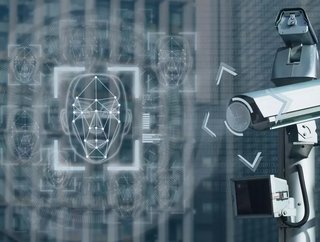Clearview AI closes US$30m Series B funding round

Clearview AI, a facial recognition company that provides photo identification technology to law enforcement agencies, announced the successful close of a US$30 million Series B funding round that now values the company at $130 million.
Clearview’s proprietary image-search technology enables law enforcement to ‘accurately, reliably, and lawfully identify criminal suspects, as well as the victims upon whom they prey’, by matching a single, unidentified photograph with publicly available, open-sourced images from the Internet. The technology is used for after-the-crime investigations by law enforcement.
“Law enforcement agencies continue to evolve and adopt new technology by necessity, and Clearview’s revolutionary image search and identification capabilities have proven to be a game-changer in bringing unidentified criminals to justice,” said Hoan Ton-That, Co-Founder and CEO of Clearview AI.
The investors, though undeterred by the lawsuits, did not want to be identified. Hoan Ton-That, the company’s chief executive, said they “include institutional investors and private family offices.”
In December 2019, Clearview secured $7 million in Series A funding from investment trusts, funds, and individual investors. Prior investors include Peter Thiel and Naval Ravikant.
It is not the only facial recognition start-up to catch investors’ attention. AnyVision, an Israeli competitor, raised $235 million this month in a financing round led by SoftBank.
Privacy laws
Although earlier this year Clearview was named to TIME’s inaugural list of The 100 Most Influential Companies, the company is currently under investigation for possible privacy violations in the UK and Australia, and also is the subject of several class-action lawsuits.
Privacy International (PI) and several other European privacy and digital rights organisations filed legal complaints against the controversial facial recognition company Clearview AI. The complaints filed in France, Austria, Greece, Italy, and the United Kingdom say that the company’s method of documenting and collecting data — including images of faces it automatically extracts from public websites — violates European privacy laws. New York-based Clearview claims to have built “the largest known database of 3+ billion facial images.”






